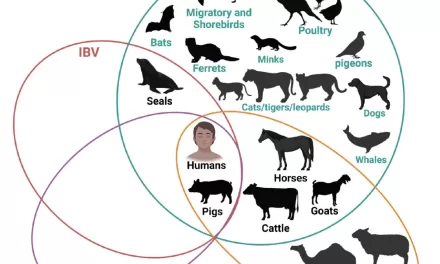NITI Aayog today released a comprehensive study on the not-for-profit hospital model in the country, in a step towards closing the information gap on such institutions and facilitating robust policymaking in this area.
“There has been relatively low investment in the expansion of the health sector in the private domain.The stimulus announced yesterday provides us an opportunity to change this situation. The report on the not-for-profit sector is a small step in that direction,” said Dr VK Paul, Member (Health), NITI Aayog.
The report was released by NITI Aayog Member Dr VK Paul, in the presence of CEO Mr Amitabh Kant, Additional Secretary Dr Rakesh Sarwal, and representatives of hospitals across the country who participated in the study.
The study provides insights into the operation model of not-for-profit hospitals. It presents research-based findings on such hospitals—categorized under ownership and premise of service—and makes subsequent comparisons with private hospitals and health schemes of the Union government.
NITI Aayog has been extensively studying the private-sector healthcare-delivery landscape in the country. While there exists adequate information on for-profit healthcare providers and institutions, there is a dearth of reliable and structured information on their not-for-profit counterparts, known for their tireless service in making quality healthcare accessible and affordable to everyone.
The not-for-profit hospital sector provides not only curative but also preventive healthcare. It links healthcare with social reform, community engagement, and education. It uses government resources and grants to provide cost-effective healthcare to people without being concerned about profits. However, over the years, this sector has remained understudied.
The study discusses in detail the cost-containment strategies implemented by not-for-profit hospitals. It seeks to understand the challenges that burden the operations of these institutions and hinder their growth.
The report proposes short- and long-term policy interventions—such as developing criteria to identify these hospitals, ranking them through a performance index, and promoting top hospitals for practising philanthropy, among others. It also highlights the need to use the expertise of these hospitals in managing human resources with limited finance in remote areas.
Read the report
NITI Aayog Releases Report on Not-for-Profit Hospital Model in India











